Coscinium fenestratum, commonly known as tree turmeric, daruharidra, or yellow vine, is a medicinal plant widely used in traditional Ayurvedic and Southeast Asian medicine. Known for its high concentration of berberine, a potent bioactive compound, this plant offers a range of therapeutic benefits. Below are the key health benefits of Coscinium fenestratum:
1. Antimicrobial Properties
*Fights infections: The plant’s high berberine content gives it strong antibacterial, antifungal, and antiviral properties, making it effective against various pathogens.
*Prevents skin infections: Topical application of Coscinium extracts can help treat skin infections like boils, eczema, and fungal conditions such as athlete’s foot.
Supports oral health: Its antimicrobial properties make it useful in treating gum diseases, oral ulcers, and bad breath.
2. Anti-inflammatory Effects
*Reduces inflammation: Coscinium fenestratum helps lower inflammation in the body, making it beneficial for conditions such as arthritis, joint pain, and inflammatory skin conditions.
*Soothes gastrointestinal inflammation: It is used to manage inflammatory bowel diseases like colitis and gastritis by calming the digestive tract.
3. Liver Support and Detoxification
*Protects the liver: Coscinium acts as a hepatoprotective agent, helping protect the liver from damage caused by toxins, alcohol, or medication.
*Aids in detoxification: The plant’s compounds promote the elimination of toxins from the body, supporting kidney and liver function.
4. Anti-diabetic Effects
*Regulates blood sugar: Berberine in Coscinium fenestratum has been shown to lower blood glucose levels by improving insulin sensitivity and enhancing glucose metabolism.
*Prevents complications: Its antioxidant and anti-inflammatory properties can help reduce the risk of diabetes-related complications, such as neuropathy and retinopathy.
5. Digestive Health
*Improves digestion: Coscinium is used to stimulate the secretion of digestive enzymes, improving nutrient absorption and overall digestive function.
*Treats diarrhea and dysentery: Its antibacterial properties help fight infections causing diarrhea and other gastrointestinal disturbances.
6. Skin Health
*Treats skin disorders: It is commonly used to treat acne, psoriasis, eczema, and other inflammatory skin conditions due to its antimicrobial and anti-inflammatory properties.
*Enhances wound healing: Applied topically, it promotes faster healing of cuts, wounds, and ulcers.
7. Antioxidant Benefits
*Neutralizes free radicals: The plant contains potent antioxidants that protect the body’s cells from oxidative stress, reducing the risk of chronic diseases.
*Delays aging: By reducing free radical damage, it helps slow down the aging process and protects the skin and organs.
8. Anticancer Potential
*Suppresses tumor growth: Some studies suggest that berberine in Coscinium fenestratum has anti-cancer properties, including the ability to inhibit the growth and spread of cancer cells.
Prevents DNA damage: Its antioxidant properties help protect DNA from damage, reducing the risk of cancer development.
9. Cardiovascular Health
*Improves heart health: Berberine has been shown to lower cholesterol levels, reduce triglycerides, and improve overall heart health by preventing plaque buildup in arteries.
*Regulates blood pressure: The plant’s anti-inflammatory and vasodilatory properties help lower high blood pressure.
10. Immune Support
*Boosts immunity: Regular use of Coscinium fenestratum strengthens the immune system, helping the body fight infections and recover from illnesses more effectively.
*Manages autoimmune conditions: Its anti-inflammatory effects may help regulate overactive immune responses in autoimmune diseases.
11. Treats Fever and Malaria
*Antipyretic effects: The plant is traditionally used to reduce fever and treat infections that cause it, including malaria.
*Anti-parasitic: Its anti-parasitic properties make it useful in treating conditions caused by parasites, including certain tropical diseases.
12. Eye Health
*Treats eye infections: Coscinium fenestratum is used in traditional medicine to treat conjunctivitis and other eye infections.
*Promotes eye health: The antioxidants in the plant may help protect against age-related vision problems.
How to Use Coscinium fenestratum
Powdered Form:Mix 1-2 teaspoons of Coscinium fenestratum powder with water, honey, or herbal tea and consume daily for general health benefits.











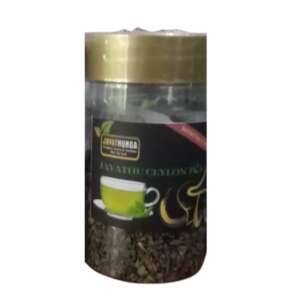
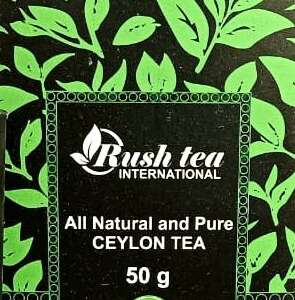
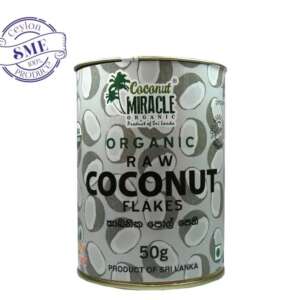
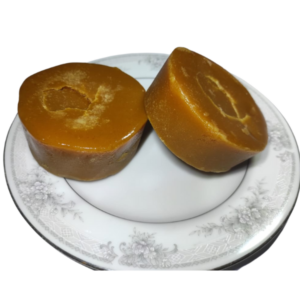
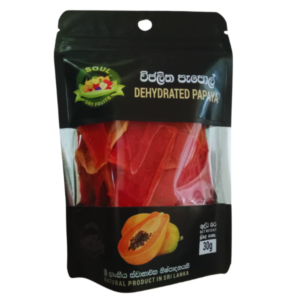
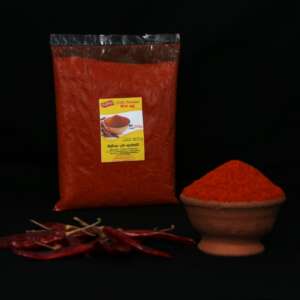
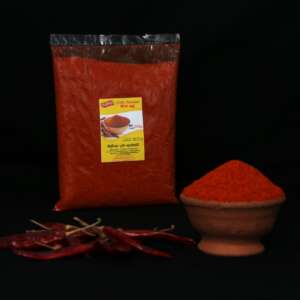






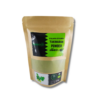
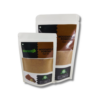
Reviews
There are no reviews yet.